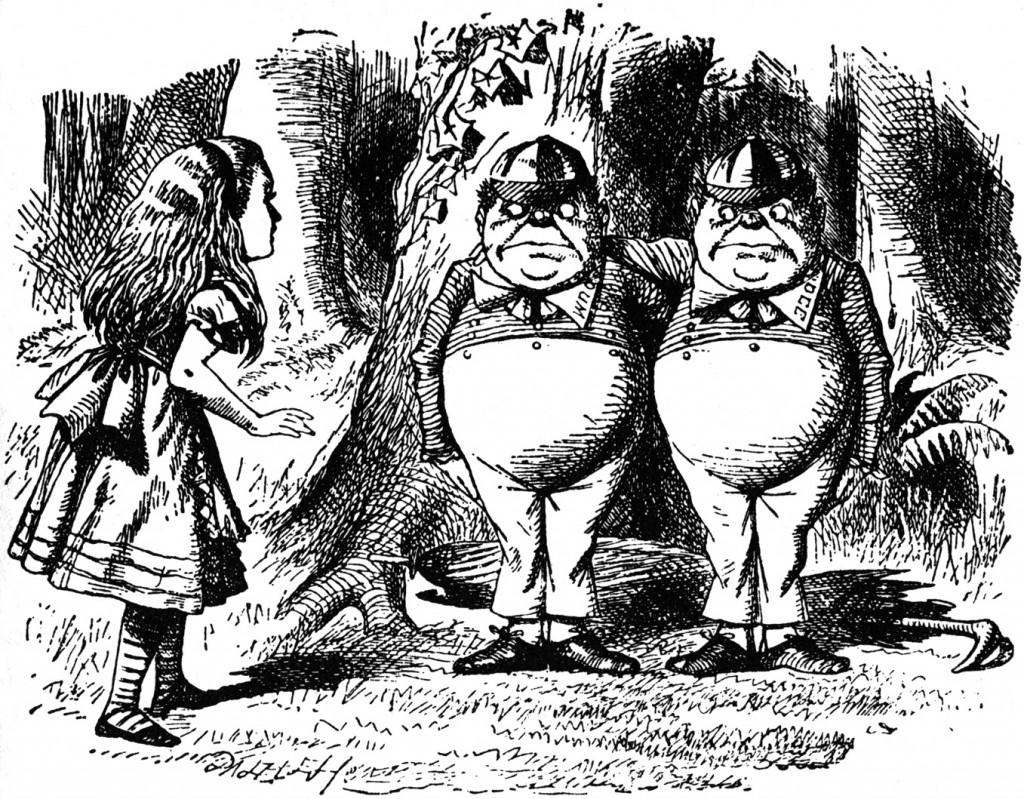Leadership: Is it in the Genes?
This is one of our free-to-access content pieces. To gain access to all Ideas for Leaders content please Log In Here or if you are not already a Subscriber then Subscribe Here.

Are leaders born or made? When looking at this question, some people believe that leadership can be taught and developed, while others believe it is essentially ‘hard wired’. This Idea, however, suggests that neither can be said to be accurate. Both genetics and the environment play an important role in leadership formation; the real question is, how much?
The ‘nature v. nurture’ debate has been around for centuries, argued over by psychologists, sociologists and the like; the business world has not escaped from it either. Whether leaders are born or made has formed the crux of numerous studies, most swaying one way or the other. However, NUS Business School’s Dr. Richard Arvey puts forward a different view: the genetics vs. environment discussion is a false dichotomy, he says, as people cannot become leaders in an environmental vacuum. The real question is, how much do genetics influence leadership relative to environmental factors?
In order to look into this, over the years Arvey and his fellow researchers have undertaken a number of studies involving identical and fraternal twins. Identical twins share 100% of the same genes, whereas fraternal twins share, on average, 50%. As such, working on the assumption that the twin types share a common family environment, genetic influence can be closely examined. The number of leadership positions the twins had occupied were looked at to see if the identical twins were more similar on this variable that fraternal twins; this would demonstrate that leadership has a genetic basis.
They found that genetics explained about 31% of the differences between individuals on this leadership measure in the case of male twin pairs (32% in the case of female twin pairs), but environmental factors played a larger role, accounting for 69% of the variation (68% in the case of females).
However, in further studies, Arvey and his team showed the importance of genes too; genetic influences were found to be weaker for those individuals raised in more ‘enriched’ environments when young (for example, higher family socioeconomic status). On the other hand, they were much stronger in influencing who emerges as a leader when individuals experienced a more impoverished family environment. In other words, underlying genetic talent is more important when facing adversity when young, in terms of moving onto leadership positions.
What do all of these findings mean? Well, for one, they support the idea that leadership is an exceptionally complex behavioural phenomenon, which cannot be singled out as something you are either born with or something you acquire. Though genetics do indeed play a role to some extent, so do certain environmental factors, such as critical events and individuals in a potential leader’s life.
As Arvey’s research demonstrates, leadership involves genes interacting with both each other and various environmental factors. As such, it is very difficult to pinpoint a specific gene responsible for leadership, and using genetics to select leaders will not be happening anytime soon!
However, one way that firms can choose potential leaders is to look out for specific instances where candidates have participated in leadership roles in non-business domains in the past, such as sports, social groups, etc. One of the studies showed that such exercises are helpful in the eventual ascendance into leadership positions.
From a developmental perspective, firms also need to challenge potential leaders to present opportunities for knowledge growth, provide mentorship, etc.
Leadership: Is it in the Genes? Arvey, Richard, Developing Leaders, Issue 3, Winter (2011), p. 26–30.

Ideas for Leaders is a free-to-access site. If you enjoy our content and find it valuable, please consider subscribing to our Developing Leaders Quarterly publication, this presents academic, business and consultant perspectives on leadership issues in a beautifully produced, small volume delivered to your desk four times a year.

For the less than the price of a coffee a week you can read over 650 summaries of research that cost universities over $1 billion to produce.
Use our Ideas to:
Speak to us on how else you can leverage this content to benefit your organization. info@ideasforleaders.com